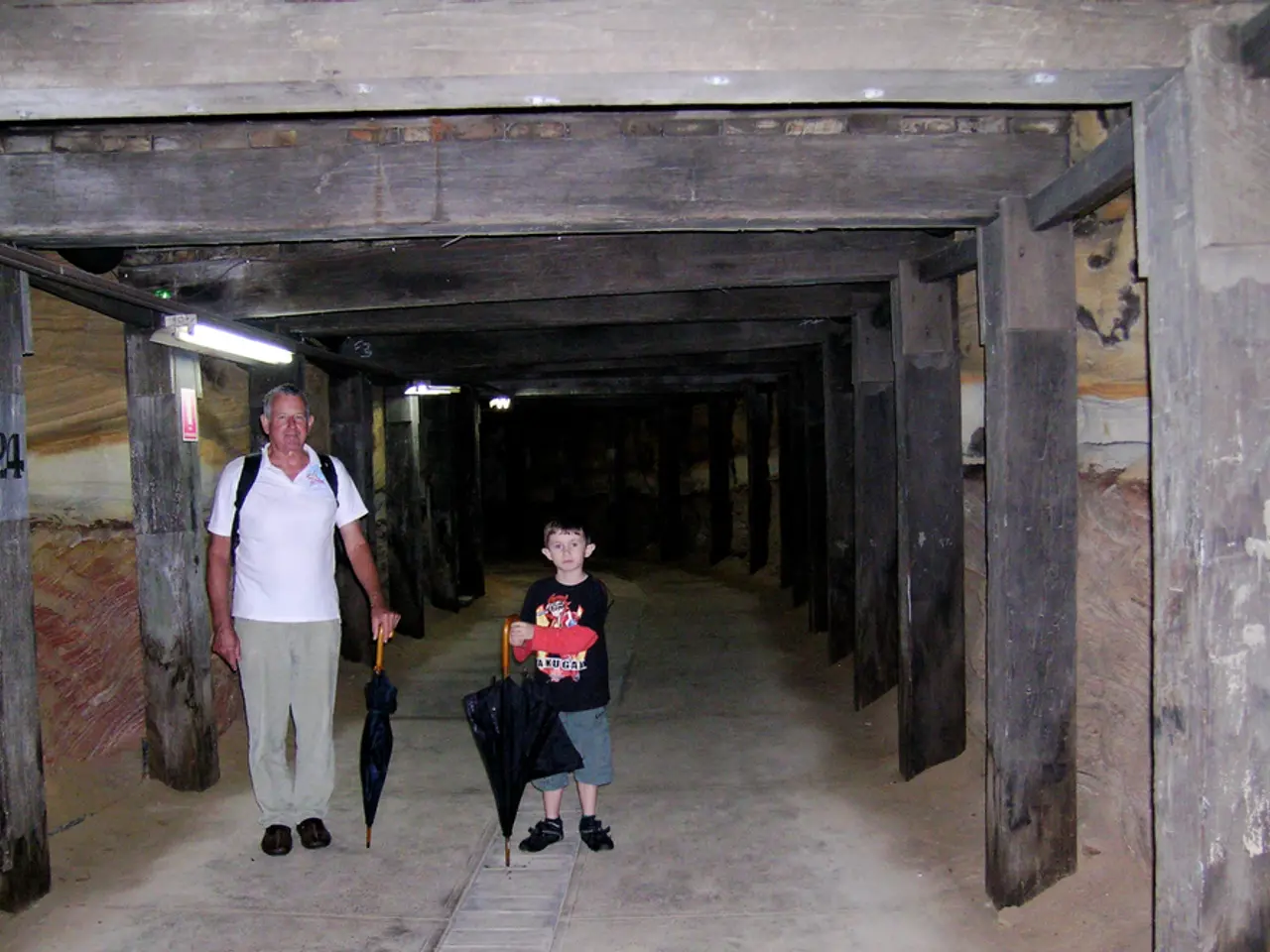Debate: A decade since the refugee crisis started - have our efforts been sufficient or insufficient?
The refugee crisis that swept across Europe in 2015 marked a significant turning point in Germany's history. The crisis, much like the later Corona crisis, magnified existing problems, from housing to the education system.
According to an analysis by the DIW, refugees felt less welcome, and the debate about the refugee crisis became complex and multi-faceted, not more reconcilable. The question of whether Germany has succeeded or failed in managing the refugee crisis is flawed, as it oversimplifies the complex topic.
Merkel's statement in 2015 was an appeal and invitation, encouraging optimism: "Germany is a strong country, and the attitude with which we approach these things must be: We can do this!" This sentiment was echoed by then Federal President Gauck, who declared, "Our heart is open, but our capacities are limited."
Since 2015, the German federal government and states have expected that integrating refugees and migrants would address humanitarian responsibilities and also help mitigate demographic decline and skilled labor shortages. They implemented measures including legal reforms to facilitate skilled immigration, establishment of digital agencies to reduce bureaucratic hurdles, and aimed at enhancing cooperation with countries of origin for fair migration management. Policies also involved controlling irregular arrivals and strengthening state control while promoting labor market integration and removing employment bans for third-country nationals in certain sectors.
However, many mistakes were made since 2015, including by the media, federal government, states, municipalities, and refugees themselves. Upheavals of world history come unexpectedly, and politics has to react, with opportunities, alternatives, mistakes, and successes.
The far-right only became a threat in Germany in 2015, but the erosion of democracy in other countries (like the US and Hungary) did not need a refugee crisis. The crisis brought problems, fears, impositions, and disputes to Germany, and it is important to acknowledge these challenges while also recognising the progress made.
It now depends on the joint will to tackle the challenges together. If Merkel had acted differently during the refugee crisis, a different sentence might be discussed today, but Germany would not be the same as before. The share of working immigrants who arrived ten years ago is almost as high as that of the total population, a testament to the resilience and contributions of newcomers to German society.
The crisis, like many historical events, has taught us valuable lessons about unity, resilience, and the importance of a compassionate and proactive approach to global challenges. As we move forward, it is essential to remember these lessons and continue to strive for a more inclusive and welcoming society.
Read also:
- ICE directed to enhance detention conditions following NYC immigrants' allegations of maltreatment
- Israeli finance minister issues warnings about potential annexation of West Bank territories
- United States faces rebuttal from South Africa over allegedly deceitful human rights report and assertions of land expropriation
- Accident at Rodalben Results in Injuries; Geoskop Area near Kusel Affected After Stormy Weather








